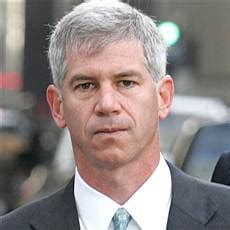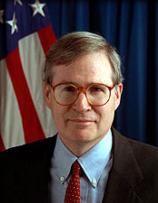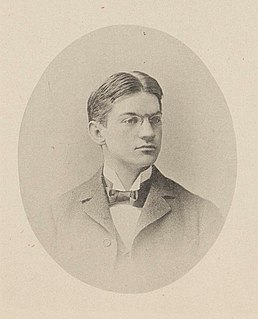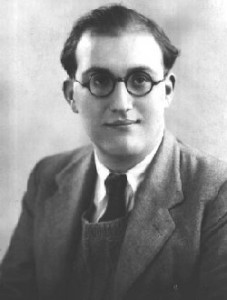A Quote by Andrew Fastow
The question I should have asked is not what is the rule, but what is the principle.
Related Quotes
No one from the intelligence community, anyplace else ever came in and said, ‘What if Saddam is doing all this deception because he actually got rid of the WMD and he doesn't want the Iranians to know?' Now somebody should have asked that question. I should have asked that question. Nobody did. Turns out that was the most important question in terms of the intelligence failure that never got asked.
A wedding was a strange ceremony, she thought, with all those formal words, those solemn vows made by one to another; whereas the real question that should be put to the two people involved was a very simple one. Are you happy with each other? was the only question that should be asked; to which they both should reply, preferably in unison, Yes.
Philosophers should consider the fact that the greatest happiness principle can easily be made an excuse for a benevolent dictatorship. We should replace it by a more modest and more realistic principle - the principle that the fight against avoidable misery should be a recognized aim of public policy, while the increase of happiness should be left, in the main, to private initiative.
Nobody is fit to rule anybody else. It is not alleged that Mankind is perfect, or that merely through his/her natural goodness (or lack of same) he/she should (or should not) be permitted to rule. Rule as such causes abuse. There are no superpeople nor privileged classes who are above 'imperfect Mankind' and are capable or entitled to rule the rest of us. Submission to slavery means surrender of life.
NEW RULE: 'Kidiots' Leave the children behind. At least until they learn something. A new study has shown that half of American high schools agree that newspapers should only be able to publish government-approved material. Almost one out of five said people should not be allowed to voice unpopular opinions..This is the first generation after September 11th, who discovered news during a 'watch what you say' administration...George W. Bush once asked, 'is our children learning.' No, they isn't. A better question would be, 'is our teacher's teaching?



































